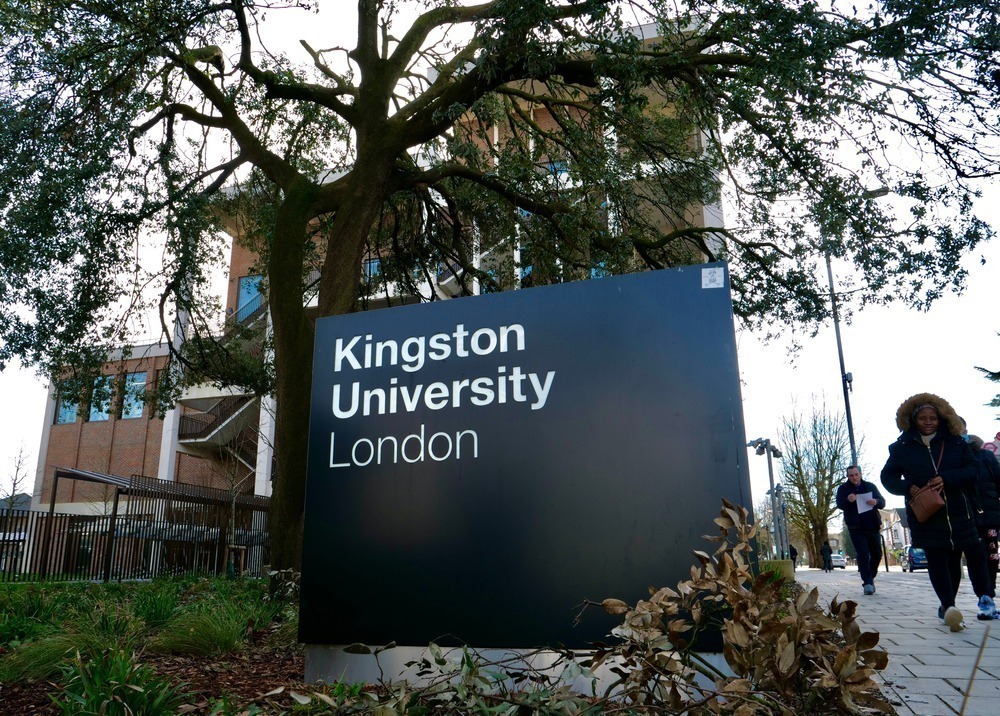Sustainability is promoted across Kingston University and the university’s sustainability plan incorporates a holistic approach that includes teaching, research, and operations.
Some of the more obvious measures are practices such as encouraging reusable coffee cups and using separate bins for recycling but much more can still be done to promote the plan.
One of the main obstacles to creating a greener university until now has been a lack of information or understanding about what is already being done.
Lecturer in sustainability, Tavri Purva, said: “Despite several positive initiatives, there is a lack of awareness and knowledge. This is not only limited to the students but is also among the staff.”
Kingston University recently appointed Tania Dias Almeida Fonseca as the Strategic Academic Lead for Sustainability.
Her priority is to look at where sustainability fits into all academic disciplines and how to support students and staff to act as change agents.
She plans to hold events and activities across campus designed to build confidence and support staff and students to get involved and make a difference.
Purva said: “Both University-wide and School-wide, there are discussions around how this can be embedded within the day-to-day lifestyle so that in the long run it becomes second nature for both staff and students to think about the environment.”
Local initiatives
When focusing on environmental causes, we may look at large issues such as mass ocean pollution and deforestation, but we often overlook what we can do locally, which is often where we can make the most difference.
Senior Lecturer in geographical information and science at Kingston University, David Kidd, said: “At a local level (sustainability) is much more efficient but then I think it’s easy to act on a local level when you are into environmentalism, individuals have more control and can do more to help.”
Any long-term changes to the University to make it more sustainable must come from within, it is therefore important to help spread knowledge on sustainability outside of the environmental science and sustainable design courses.
One suggestion for a way to spread knowledge on environmentalism in the university is through artwork. When students are reminded of the environment by simply looking around the university, it increases the chance of them doing something to help.
“If you come into a building which has artwork and murals to do with environmentalism, that’s deemed to be an important message from the organisation and creates an environment which opens people’s minds and makes them think on that topic,” said Kidd
Such subconscious messaging from the university could be an efficient way to promote sustainability, allowing students to become more aware through easily available information.
We owe it to the next generation
With a sustainability team and entire courses dedicated to sustainability and the environment, Kingston University is in a great place to increase its sustainability and become an example for other universities to follow.
As Muna Ali and Yasmin Noor, Sabbatical Officers for the Union of Kingston Students said in Kingston University’s sustainability plan: “It is the next generation of Kingston graduates who will be most significantly impacted by the consequences of climate change; we owe it to them to do all we can to contribute to this important agenda.”
For more information on sustainability at Kingston University, you can visit the university website or email Kingston University’s sustainability team.

